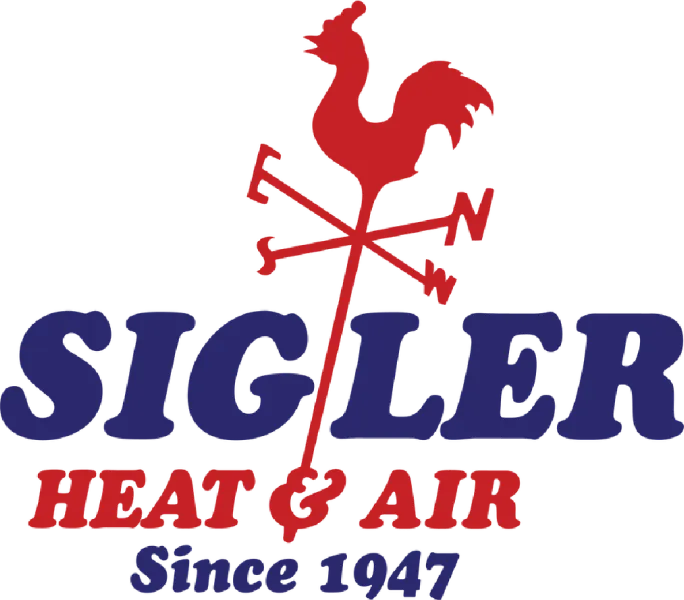Your commercial HVAC system works tirelessly to maintain comfortable conditions for employees and customers. When problems develop, they rarely announce themselves with dramatic failures—instead, they whisper through subtle changes that smart facility managers learn to recognize.
Identifying these early warning signs can mean the difference between a simple maintenance call and a complete system replacement that disrupts operations for days.
1. Rising Energy Bills Without Increased Usage
When your monthly utility costs climb steadily despite consistent building occupancy and usage patterns, your HVAC system is likely working harder than necessary to maintain desired temperatures.
This inefficiency often stems from dirty filters restricting airflow, worn components that no longer operate smoothly, or refrigerant levels that have dropped below optimal ranges. A system operating at reduced efficiency might consume 20-30% more energy while delivering the same comfort levels.
The financial impact extends beyond the immediate utility costs. Equipment forced to work harder experiences accelerated wear, leading to more frequent repairs and shortened lifespan.
2. Uneven Temperature Distribution Throughout Your Building
Professional environments require consistent comfort zones to maintain productivity and customer satisfaction. When some areas feel stuffy while others remain uncomfortably cool, your system is struggling to distribute conditioned air effectively.
This temperature imbalance typically indicates issues with ductwork, dampers that need adjustment, or air handling units that require attention. Poor airflow can also signal problems with blower motors or belts that have loosened over time.
Left unaddressed, these comfort inconsistencies can affect employee morale and customer experience, particularly in retail or hospitality environments where climate control directly impacts business success.
3. Unusual Noises During Operation
Commercial HVAC systems generate normal operational sounds that facility managers become accustomed to over time. New or intensifying noises—grinding, squealing, banging, or rattling—indicate components that need immediate attention.
Grinding sounds often point to motor bearings that require lubrication or replacement. Squealing typically means belts have stretched or become misaligned. Banging noises might indicate loose ductwork or failing mounting hardware.
These sounds represent your system’s way of requesting help before minor issues become major problems. Addressing noise concerns promptly prevents the cascading failures that occur when one worn component damages others.
4. Frequent Cycling or Difficulty Maintaining Set Temperatures
When your system turns on and off more frequently than usual, or struggles to reach and maintain programmed temperatures, internal components are likely compromised.
Short cycling—where the system runs briefly then shuts off repeatedly—often indicates thermostat malfunctions, refrigerant leaks, or oversized equipment that was improperly installed. Conversely, systems that run continuously without reaching desired temperatures may have dirty coils, failing compressors, or ductwork leaks.
Both scenarios waste energy while failing to provide adequate climate control. They also place excessive stress on electrical components, leading to premature failures that could shut down your entire system during peak demand periods.
5. Declining Indoor Air Quality
Poor indoor air quality manifests through increased dust accumulation, stale odors that linger despite ventilation, or employees reporting more frequent respiratory irritation or allergies.
These symptoms often indicate that your HVAC system’s filtration components need replacement or that ductwork has developed leaks allowing unfiltered air to enter the system. Dirty evaporator coils can also harbor bacteria and mold that circulate throughout your building.
Beyond comfort concerns, poor air quality can impact employee health and productivity while potentially creating liability issues for businesses that host customers or clients.
The Cost of Waiting
Commercial HVAC problems compound quickly. What begins as a minor efficiency loss can escalate into complete system failure that forces business closures during extreme weather conditions.
Emergency repairs during peak seasons cost significantly more than scheduled maintenance visits. Moreover, rush replacement of failed equipment often means accepting whatever units are immediately available rather than selecting optimal solutions for your specific building needs.
The most efficiently operating businesses in Tulsa share a common approach: they partner with HVAC specialists who understand that preventing problems costs far less than fixing them after they occur.
Taking Action Before Problems Escalate
Smart facility managers treat HVAC maintenance as operational insurance rather than optional expense. Regular professional assessments identify developing issues while they remain manageable and affordable to address.
When you notice any of these warning signs, the wisest response involves scheduling a comprehensive system evaluation with experienced technicians who can provide honest assessments without sales pressure.
Professional maintenance not only addresses immediate concerns but also optimizes system performance, extends equipment life, and provides the operational reliability that keeps businesses running smoothly regardless of weather conditions outside.
Protect Your Operations with Expert HVAC Assessment
Don’t let HVAC problems disrupt your business operations. Sigler Heat and Air has specialized in commercial HVAC systems for over 70 years, providing the technical expertise that keeps Tulsa businesses running smoothly.
Our experienced technicians—not salespeople—conduct thorough Sigler Standard™ assessments that identify problems before they become costly failures. We focus on honest recommendations that prioritize your operational needs over sales opportunities.
Ready to prevent costly HVAC disruptions? Contact Sigler Heat and Air today to schedule your comprehensive commercial system assessment with Tulsa’s most trusted HVAC specialists.

